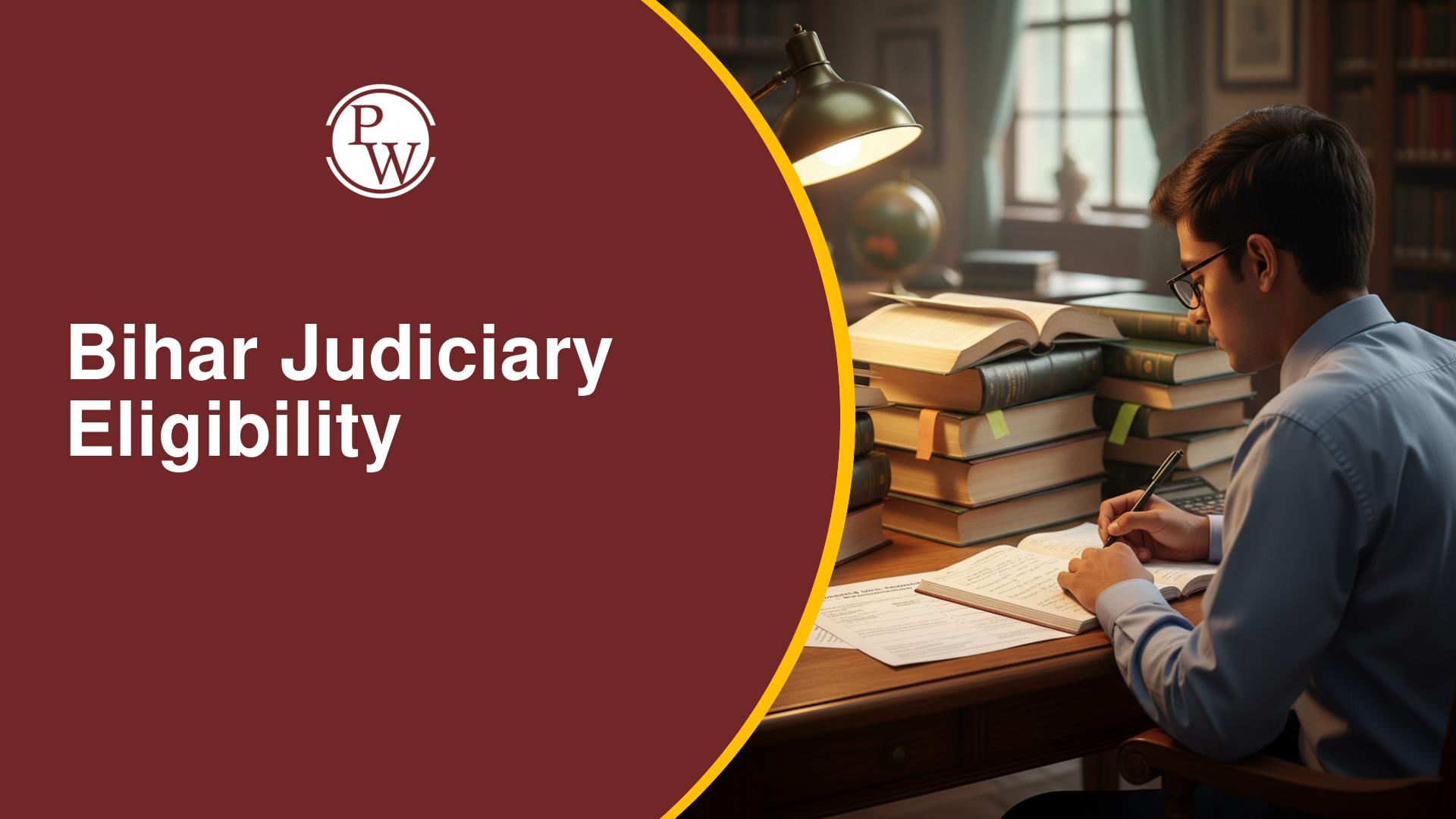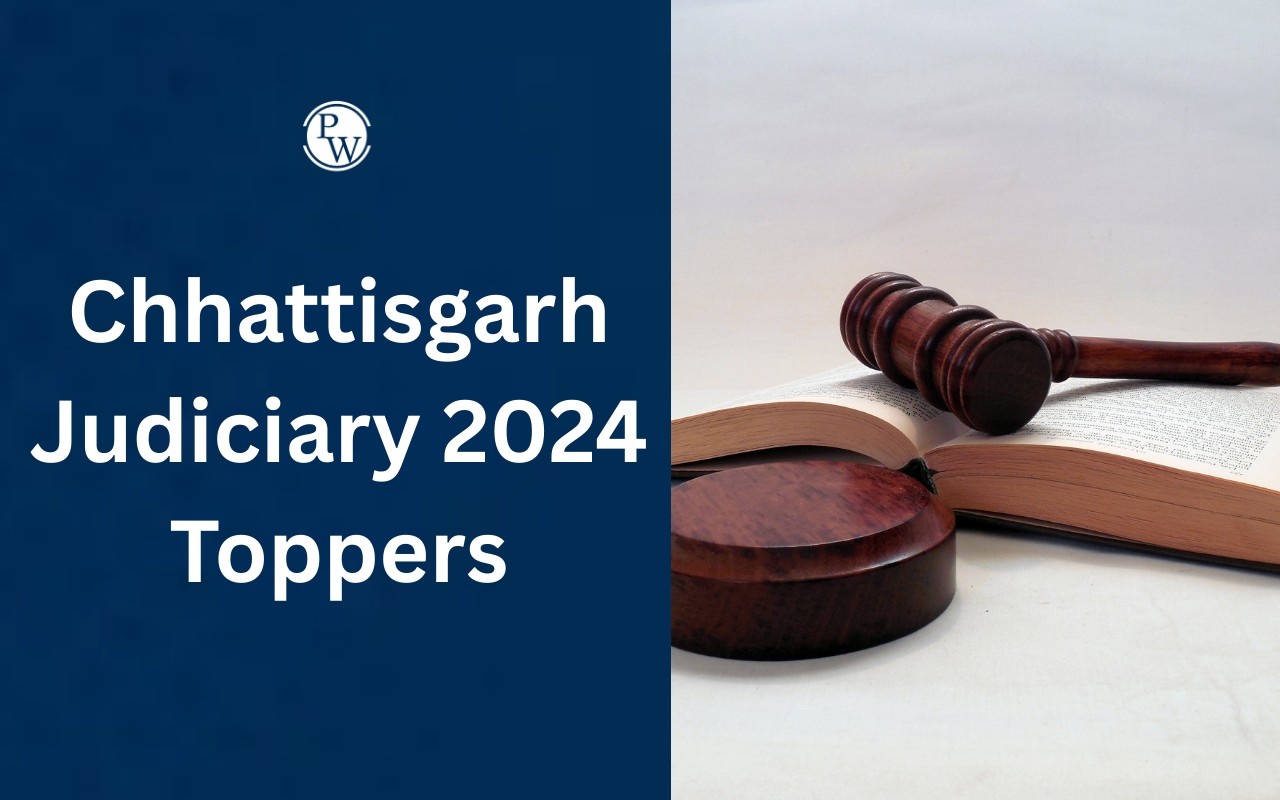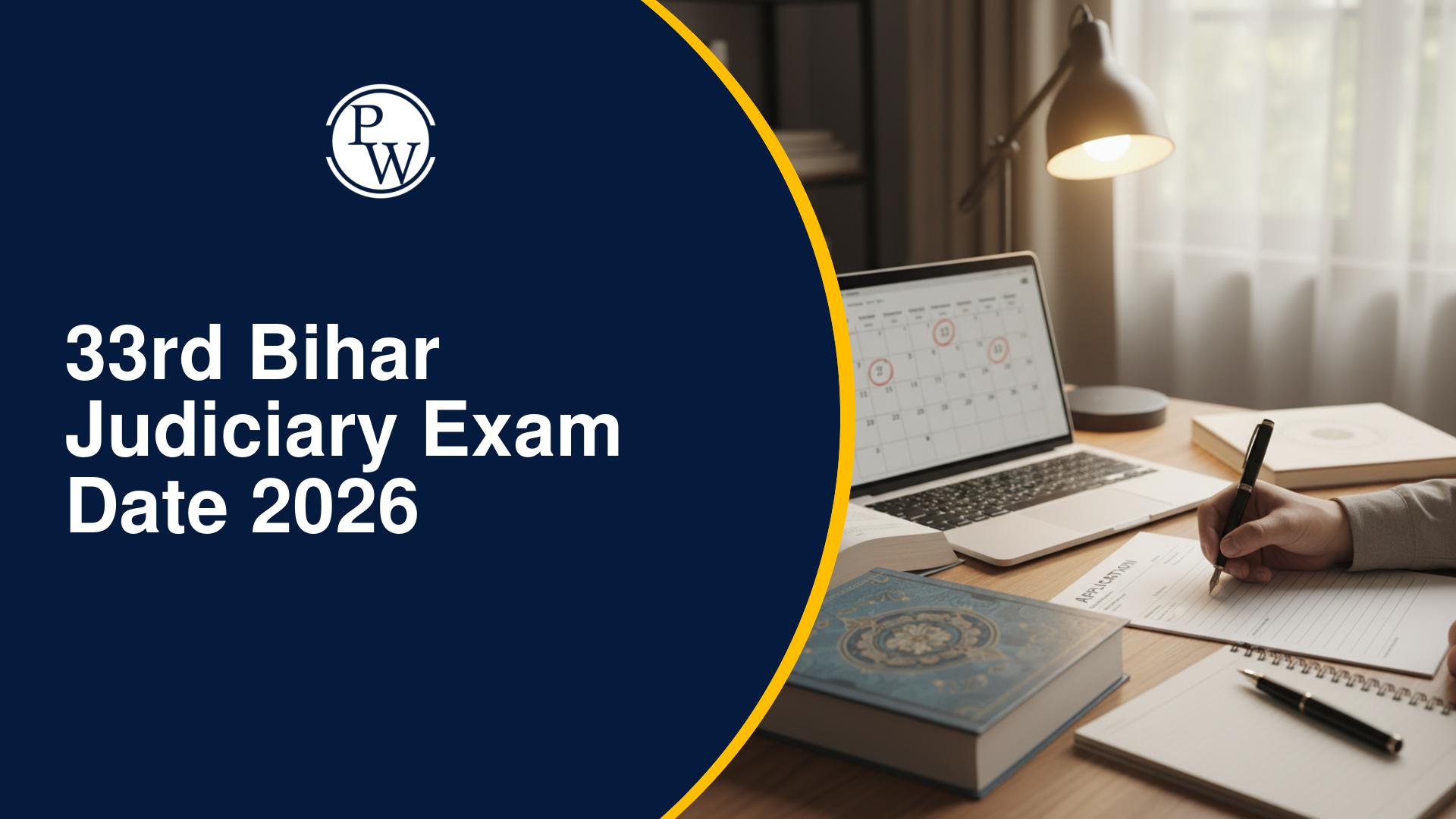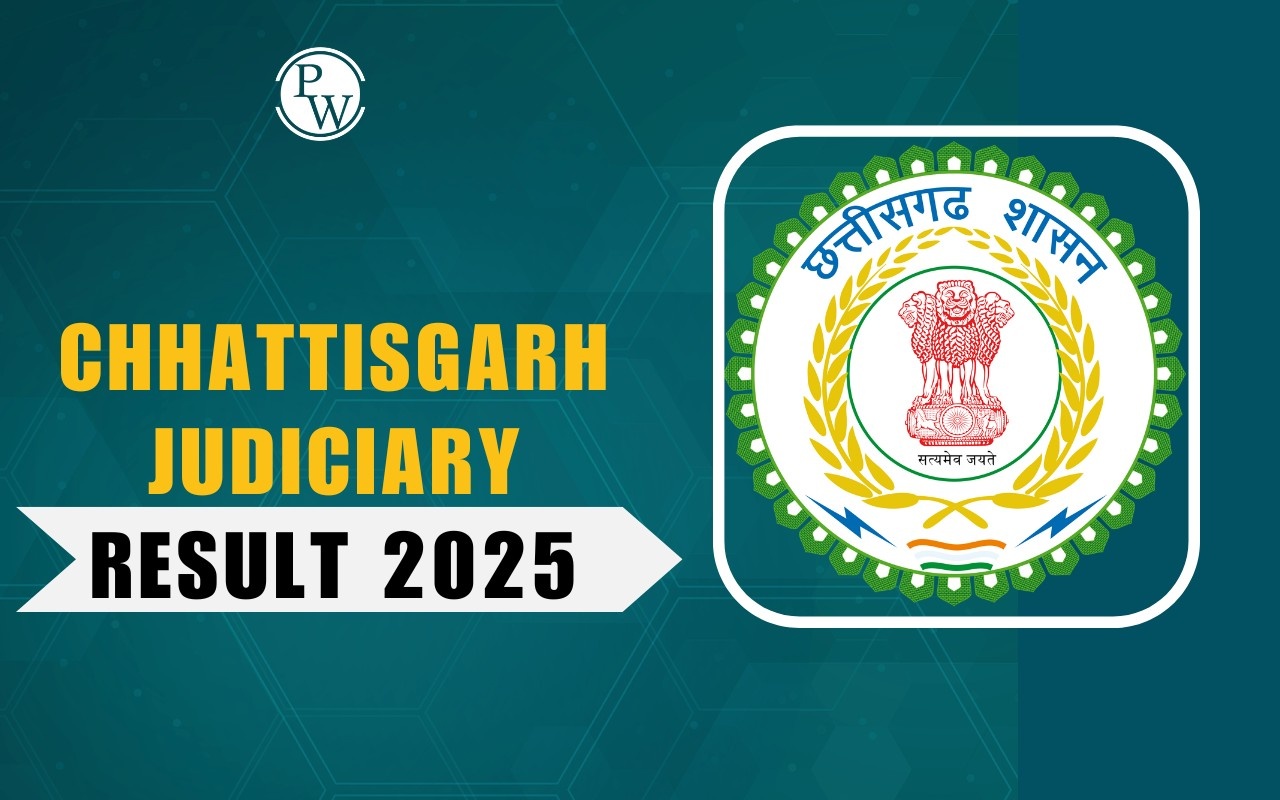
Read Bare Acts For Judiciary Exam: Aspiring judges must develop a strong command of the law, and the best way to achieve this is by thoroughly reading Bare Acts. A Bare Act is the exact text of a law passed by the legislature, providing the foundation for legal interpretation. If you are preparing for te Judiciary Exam 2025, mastering Bare Acts is crucial for success.
This page will help you understand what is Bare Acts for the Judiciary Exam 2025, why you should read Bare Act for Judiciary Exam 2025, and short tricks to Read Bare Acts For Judiciary Exam 2025 effectively.
What is Bare Acts for Judiciary Exam 2025?
Bare Acts contain the fundamental text of a law, free from commentary, making them the purest form of legal knowledge. Each Bare Act consists of:
-
Sections: The main provisions of the law
-
Sub-sections: Detailed clauses within sections
-
Explanations & Illustrations: Clarifications for better understanding
-
Provisos & Exceptions: Conditions modifying the main provision
For instance, the Indian Penal Code (IPC), 1860, is a Bare Act defining criminal offences and their punishments. Reading Bare Acts is the first step in understanding the law for the Judiciary Exam 2025.
Why You Should Read Bare Act for Judiciary Exam 2025?
Many aspirants make the mistake of relying solely on commentaries and reference books and neglecting the Bare Acts. However, the judiciary exam primarily tests direct knowledge from Bare Acts. Here’s why reading them is essential:
-
Direct Source of Law – The judiciary exam tests your ability to interpret laws, and Bare Acts provide the unaltered text of statutes.
-
Preliminary Exam Questions – Most multiple-choice questions (MCQs) in the Judiciary Exam 2025 are framed directly from Bare Acts.
-
Answer Writing in Mains – Mentioning the exact language of the Bare Acts in your answers improves accuracy and credibility.
-
Judgment Writing & Practical Application – Judicial officers must base their judgments on statutory provisions, making Bare Acts indispensable.
7 Steps to Read Bare Acts For Judiciary Exam 2025
To read Bare Acts for Judiciary Exam 2025, follow these seven strategic steps:
1. Read the Bare Act Out Loud
Reading aloud enhances comprehension and retention. Many sections contain complex legal language, and verbal repetition helps in memorizing key provisions.
2. Understand the Structure
Every Bare Act has a specific format:
-
Preamble: Explains the objective of the law
-
Definitions: Clarifies key terms
-
Chapters & Sections: Outlines legal provisions
Before diving into sections, read the preamble and definitions to grasp the act’s intent.
3. Break Down Long Sentences
Legal provisions are often lengthy and complex. Break them down into smaller parts and analyze each clause separately to understand their implications.
4. Focus on Keywords
Certain words like “shall, may, provided that, notwithstanding, except” change the meaning of a provision. Identifying and interpreting these words correctly is necessary for legal application.
5. Link Sections with Other Laws
Many laws are interconnected. For example, while studying IPC, link it with relevant sections of the CrPC (Code of Criminal Procedure) and Evidence Act to get a holistic view of criminal law.
6. Use Flowcharts and Mind Maps
Visual representations help in better retention. Create flowcharts, tables, and mind maps to categorize legal provisions systematically.
7. Practice MCQs and Case Laws
Test your knowledge by solving past year's Judiciary Exam questions and reading case laws that interpret Bare Act provisions.
Short Tricks to Read Bare Acts For Judiciary Exam 2025
Memorizing Bare Acts can be challenging, but these tricks will make the process easier:
1. Use Acronyms & Mnemonics
For example, to remember the fundamental rights under Article 19 of the Constitution, use: SPARFUG (Speech, Press, Assemble, Reside, Form associations, Use profession, Go anywhere).
2. Read in a Question-Answer Format
Convert provisions into questions. Example: What is the punishment for theft under IPC? This makes retention more effective.
3. Highlight & Annotate
Underline important words, mark exceptions in red, and write short notes in the margins.
4. Revise Regularly
Revision is the key to retention. Read the Bare Acts multiple times and revise at least once a week.
5. Discuss with Peers
Explaining Bare Act provisions to fellow aspirants enhances understanding and helps in recall.
When To Start Judiciary Exam Preparation 2025
Importance of Reading Bare Acts For Judiciary Exam 2025
Reading Bare Acts is the cornerstone of judiciary exam preparation, as it enhances precision in legal interpretation. A thorough understanding of statutory provisions ensures accuracy in answering both objective and subjective questions.
-
Increases Accuracy in Answers – Judiciary exams often have tricky questions designed to confuse aspirants. A strong grip on Bare Acts helps avoid mistakes.
-
Helps in Case Law Interpretation – Understanding the exact legal provision helps in analyzing Supreme Court and High Court judgments effectively.
-
Essential for Mains & Interview – Judiciary mains and interviews require precise answers based on Bare Acts rather than subjective interpretations.
-
Builds Legal Acumen – Judicial officers must apply laws correctly. Mastering Bare Acts ensures a solid foundation in legal reasoning.
By incorporating these strategies into the study plan, candidates can develop a deep and practical understanding of the Bare Acts, which is essential for excelling in the Judiciary Exam 2025.
To qualify for the exam going to be held in 2025, it is essential to Read Bare Acts For Judiciary Exam with a structured approach. By understanding Bare Acts, following the steps to Read Bare Acts For Judiciary Exam 2025, and applying short tricks to Read Bare Acts For Judiciary Exam 2025, aspirants can significantly improve their legal knowledge.
Explore the Judiciary Courses 2025 to access essential resources for Judiciary exam preparation, including detailed insights and strategies. Dive into the Judiciary 2025 for structured courses and focused study plans designed to help aspirants excel in their exams.










